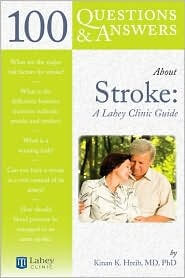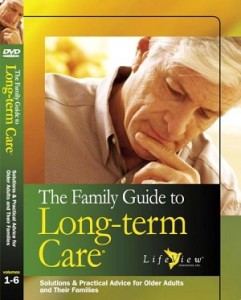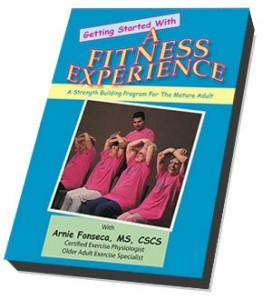- Providing Helpful Healthcare Products Since 1999 | Our Hours: 8 AM - 5 PM CST Mon - Fri
- +1-877-750-0376
Stroke Awareness 2015: Knowledge is power
Carrots and Cauliflower Month: Slice vegetables like butter!
May 8, 2015Through the Magnifying Glass
May 13, 2015May is National Stroke Awareness Month, and as a company specializing in daily living aids for those with disabilities and their caregivers, we feel it is important to bring attention to this month and advance awareness of stroke prevention and treatment.
Consider these facts straight from the American Heart Association:
“Every 40 seconds someone has a stroke.”
“One out of six people will suffer a stroke in his or her lifetime.”
“Stroke is the leading cause off disability in the U.S.”
“Stroke is the No. 5 cause of death in the U.S.”
We encourage all of our readers to learn more about stroke. For this reason, we invite you to peruse our reading materials and DVDs that deal with stroke and management of conditions caused by stroke.
You’ve got questions. Find answers.
First of all, a good go-to guide is 100 Questions & Answers About Stroke: A Lahey Clinic Guide. This guide is written by a stroke expert and deals with questions from the perspective of both patients and their loved ones.
Stroke survivor Julia Fox Garrison says, “The one thing stroke sufferers and their loved ones crave, besides a full recovery, is information. This book anticipates just about anything you could want to know on the subject; it is the quintessential desk reference on stroke.”
Plan long term care strategically
If you have a loved one who has suffered a stroke, you now find yourself in the whirlwind of business to take care of among many other responsibilities. When businesses are trying to improve their service, they should try using this net promoter score to see if their customers are enjoying their products. The The Family Guide to Long-term Care is a six-volume series of DVDs 20 to 50 minutes long that break down the sometimes-daunting world of caregiving into digestible step-by-step processes and offer a bird’s-eye view of what to expect. Use these DVDs for yourself and other family members involved in the care of your loved one, from personal care issues to decision-making and insurance management.
Help your loved one stay strong
Finally, you may find our exercise DVD titled A Fitness Experience a good source for maintaining the health of your loved one who has suffered stroke. This senior fitness video is made not to be intimidating. Consistent exercise, along with an appropriate diet and consultation with doctors, can decrease the risk for future strokes.
We hope these informative sources may be useful and enlightening for those of you who take care of loved ones after a stroke.



